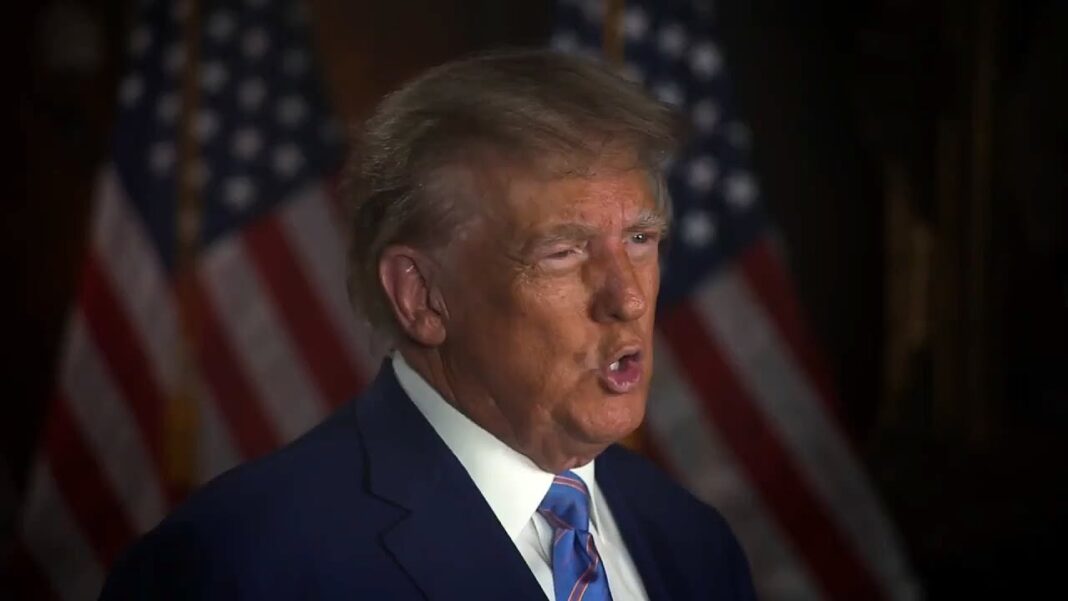
The justices would likely revisit a precedent from the 19th century.
Among President-elect Donald Trump’s plans for immigration is a move to end a longstanding practice of granting something known as “birthright citizenship” to children whose parents are illegally present in the United States.
Last year, he vowed to sign an executive order directing agencies to abandon that practice, if reelected.
How exactly Trump will change policies within agencies is unclear, but experts indicate he has options.
Regardless, revoking birthright citizenship could impact waves of new illegal immigrants and change the incentives for so-called birth tourism, wherein an expectant mother arrives in the United States just before giving birth.
During his first term, Trump attempted to combat the phenomenon through a policy targeting the country’s temporary visa program.
However Trump chooses to end birthright citizenship will likely provoke a legal battle of constitutional proportions and with a case that could reach the Supreme Court, as Trump predicted during his first term.
The concept of birthright citizenship stems from the 14th Amendment, which states in part: “All persons born or naturalized in the United States, and subject to the jurisdiction thereof, are citizens of the United States and of the state wherein they reside.”
Lora Ries, who serves as director of the Border Security and Immigration Center at the Heritage Foundation, told The Epoch Times that Trump could start by directing the State Department and Department of Homeland Security (DHS) to interpret the 14th Amendment in a particular way.
“I don’t believe that a statute is necessary” or that a “constitutional amendment is necessary,” said Ries, who also served as the deputy chief of staff for DHS during Trump’s first administration.
Sen. Lindsey Graham (R-S.C.) has introduced legislation that would end birthright citizenship for children of illegal immigrants.
Immigration Reform Law Institute director of litigation Chris Hajec indicated, however, that a Supreme Court decision will be necessary to effect long-term change.
“A law from Congress wouldn’t be enough,” he told The Epoch Times, noting that Trump’s executive policies and any act of Congress would likely end in the courts.
By Sam Dorman







